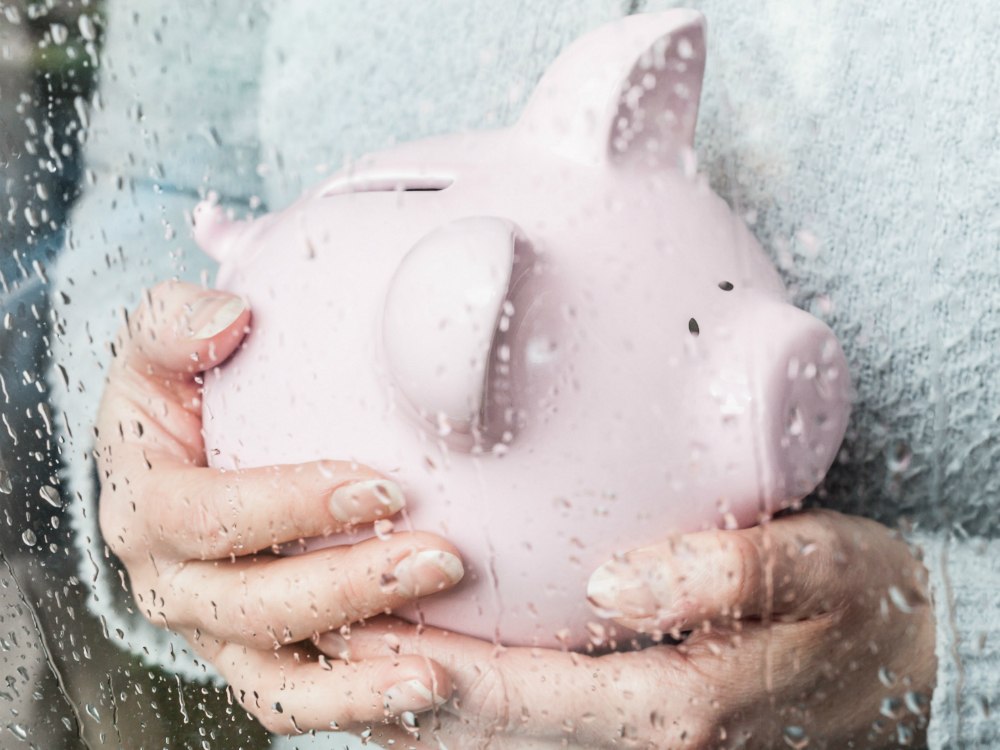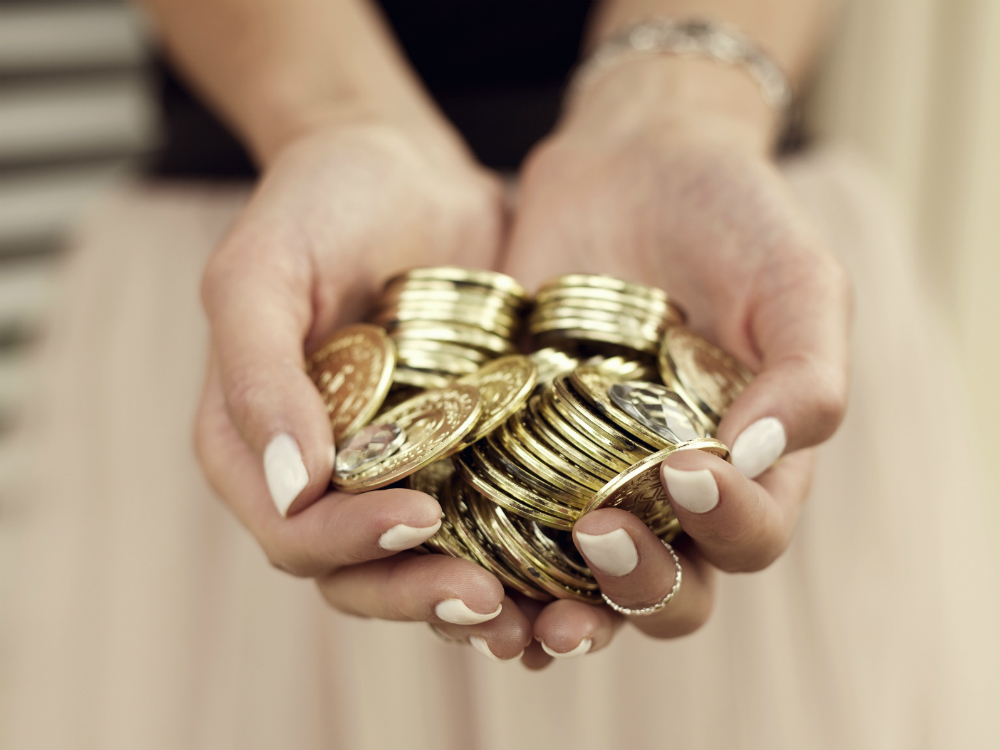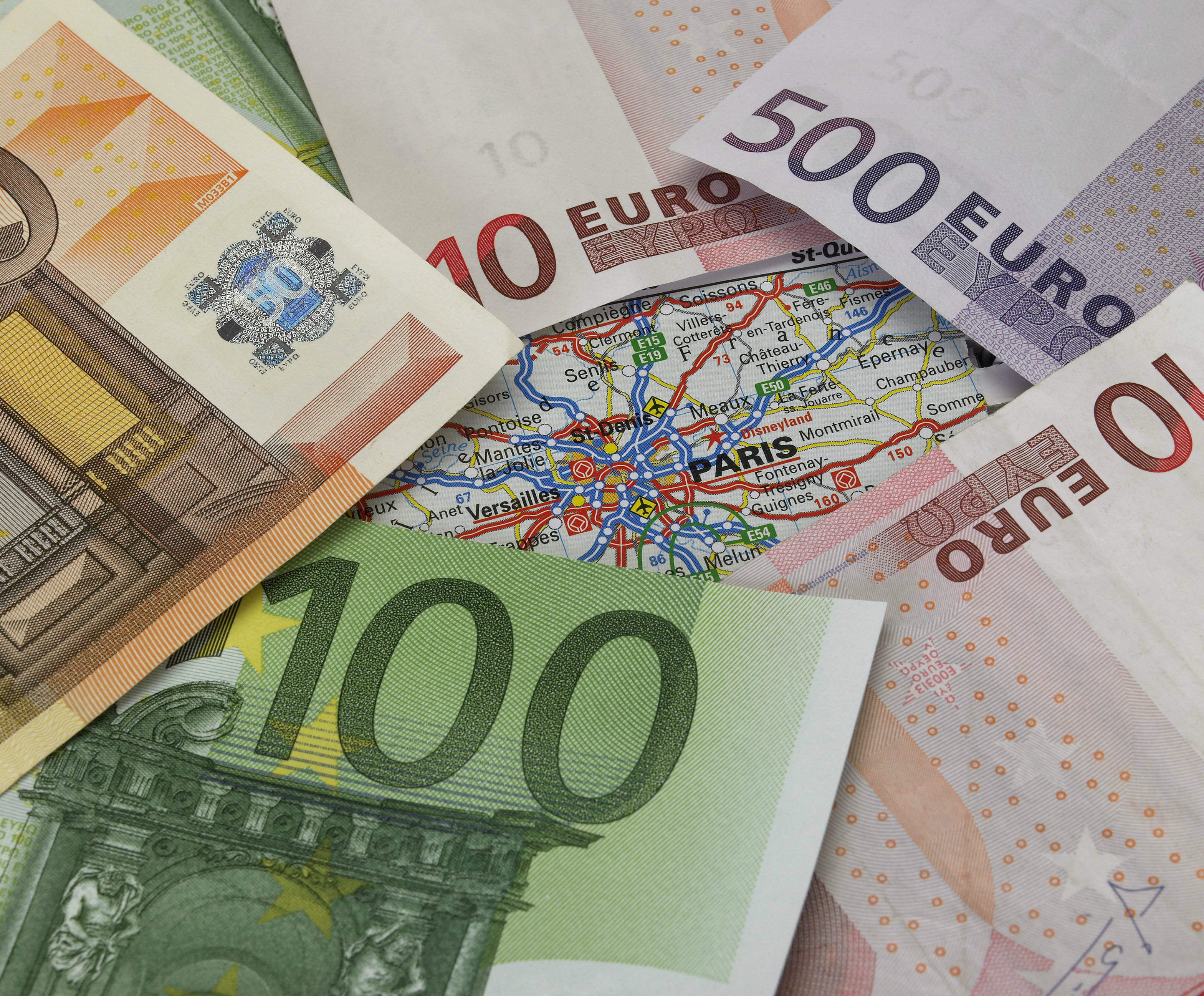The truth about pay gaps around the world: Where's the worst place to live (and who's trying to fight back)?
From the UK to the USA, France to Japan, we investigate pay gaps around the world - and what people are doing to fight back

From the UK to the USA, France to Japan, we investigate pay gaps around the world - and what people are doing to fight back
You know what really, really makes us grumpy? What makes our forehead corrogate, our eyes narrow and our face turn scarlet?
Wage inequality.
The idea that men and women in the UK still don't earn the same amount of money, even when they're doing the same job.
The idea that men and women in America, France, Germany, Japan, Nigeria, New Zealand, Sweden and Bolivia still don't earn the same amount of money either - again, even when they're doing the same job.
And the idea that there are 183 other countries where the same statement applies (we just can't quite bring ourselves to type out all of their names) too. In fact, there are only four countries in the world where women earn the same as their male counterparts.
Which is why, as David Cameron reveals his plans to end the pay gap in Britain for once and for all, we thought we should really cast an angry eye over the current situation in the UK (and across the rest of the world), to highlight just how extensive this problem is. And just how crucial it is that we find a solution.
Marie Claire Newsletter
Celebrity news, beauty, fashion advice, and fascinating features, delivered straight to your inbox!

UK The United Kingdom has the 13th highest gender pay gap in the world, and on average, men out earn women by 18.2 per cent. It doesn't matter if you earn as much - or more - than your boyfriend or male friends: it means that if a man was to have your specific job, he would probably earn more than you. And because we live in a culture where we're incredibly secretive about our wages, you probably wouldn't even know about it.
That's why David Cameron has announced plans to make large companies publish their gender pay gaps publicly. If everything goes ahead as planned, then from the start of next year, any company that employs over 250 members of staff will have to publish the anonymised wages of all staff members, so that women can see if they're being paid less than their male counterparts.
Of course, there are a fair few people (*cough* men *cough*) who aren't as happy about this. They believe that it's crucial to keep all salaries totally private. But then, they would say that, wouldn't they?
That said, this is just a baby step in the right direction. Because while wage transparency will provide women with the evidence that they need to ask for a pay rise, it doesn't address the fact that there are significantly more men working in traditionally 'male' jobs, such as technology and engineering, which are often the industries with the most money.
And until we find a means of resolving that, we've still got a long way to go.
USA It's hard to believe that a country where 'consent contracts' are a thing could be ahead of us when it comes to gender pay equality, but America truly trumps us here. Well, kind of. They have the 15th highest pay gap, with men earning approximately 17.8 per cent more than women. As yet, there's very little active legislation in place to fight back against it (although in 2009, Barack Obama signed an act meaning that if a woman discovers she's earning less than a man in the same job, she can sue and receive compensation), but there are some amazing campaigns in place.
Over at Google HQ, an employee called Erica Baker thought that if everybody opened up about their pay, then perhaps it would be more equal. She started a spreadsheet, and reckons about 5 per cent of employees contributed to it - and were able to negotiate fairer salaries as result. But then Erika alleges some more senior members of staff got wind of what was going on, and suggests that she was penalised as a result. Eventually, she left Google altogether.
On a more positive note, on July 7th this year, the owner of The Way Station bar in Brooklyn charged women just 77% of their bar tab, as a way to highlight the fact that US women make about 77 cents to every dollar that a man earns. And other bars and shops are following suit: one record shop has even reduced the price of its music by 23% for women permanently.

FRANCE Coming in at number 20 (out of 196), pay discrimination is explicitly forbidden by the French constitution. But that doesn't mean it doesn't exist. In fact, les hommes gagnent 14.3% plus que les femmes. Men earn 14.3% more than women. (We think. It's been a long time since we last studied French.)
They are trying to combat it, though. Last year, an app called Leadership pour Elles (Leadership for women) was released in the hope that it would help boost women's confidence in the work place, and then they would earn more as a result.
But despite the excitement surrounding the app's release, it presents a very simplistic view of wage inequality. After all, women aren't being paid less because they're too insecure. They're being paid less because they - and their attributes - are fundamentally considered inferior. Telling women to act more like men isn't the way to resolve this. It's about creating a culture where traditionally 'female' characteristics are valued to the same extent as male ones. SOUTH KOREA The worst place in the whole world for women to work if they want to earn an equal wage, men living in South Korea get a hefty (and unacceptable) 37.5 per cent more money in their pay cheque every month than women. That's more than a third.
That didn't stop Romi Haan, though. The entrepreneur was scrubbing her kitchen floor when she had the idea to develop a steam mop. Her design took off, and now she's CEO of HAAN - a cleaning appliance company with a multi million pound turnover. And while banks refused to lend her money because she's a woman, she didn't let that hold her back. 'The first thing the guy asked me was: 'So what kind of business did your husband bankrupt that you're fronting his business?'" she remembers. But by remortaging her house and borrowing funds from her parents, she managed to start the company.
Now Romi is doing everything she can to help the women that she employs climb the career ladder and earn a fair salary - even promising that staff members who take time off for maternity leave will return to their original status and wage, regardless of how much time they need. 'A lot of companies, when you come back from maternity leave you are at the bottom of the ranking,' she explains. 'So I think we have like a 100% return rate after maternity leave, and most people at our office they take about a year to a year and a half maternity leave, which is unusual.'
JAPAN Oh Japan, Japan, Japan. The fourth most unequal country on the planet, men get 27.4% more cash in their bank accounts every month than their girlfriends, sisters, wives and mothers. Recent reports claim that Japan is on course to achieve gender equality in... wait for it... eight decades.
It's worth pointing out here that women in Japan have a life expectancy of 86. Meaning that if a girl was born tomorrow, she might experience a grand total of six wonderful years of gender equality in the workplace. (Finger crossed it'll have spread to the old people's home by then too.)
RUSSIA If you hate earning as much as men, but can't quite afford the airfare to South Korea, best pop on the next flight to Russia instead. With a wage disaparity of 32.1%, the male population is practically rolling in gold coins, while women are stuck staring at their bank balances in dismay. Oh, and if you were hoping for news of an app, a protest, or a hashtag that was being used to reduce the inequality, we're afraid you're about to be sorely disappointed.
The leading destination for fashion, beauty, shopping and finger-on-the-pulse views on the latest issues. Marie Claire's travel content helps you delight in discovering new destinations around the globe, offering a unique – and sometimes unchartered – travel experience. From new hotel openings to the destinations tipped to take over our travel calendars, this iconic name has it covered.
-
 Prince Harry's "proud" words about wife Meghan Markle are going viral
Prince Harry's "proud" words about wife Meghan Markle are going viralBy Jenny Proudfoot
-
 Sources have opened up about Timothée Chalamet and Kylie Jenner's "intense" start to the year
Sources have opened up about Timothée Chalamet and Kylie Jenner's "intense" start to the yearBy Jenny Proudfoot
-
 Two Hollywood actresses were offered the role of Carrie Bradshaw before Sarah Jessica Parker
Two Hollywood actresses were offered the role of Carrie Bradshaw before Sarah Jessica ParkerBy Jenny Proudfoot